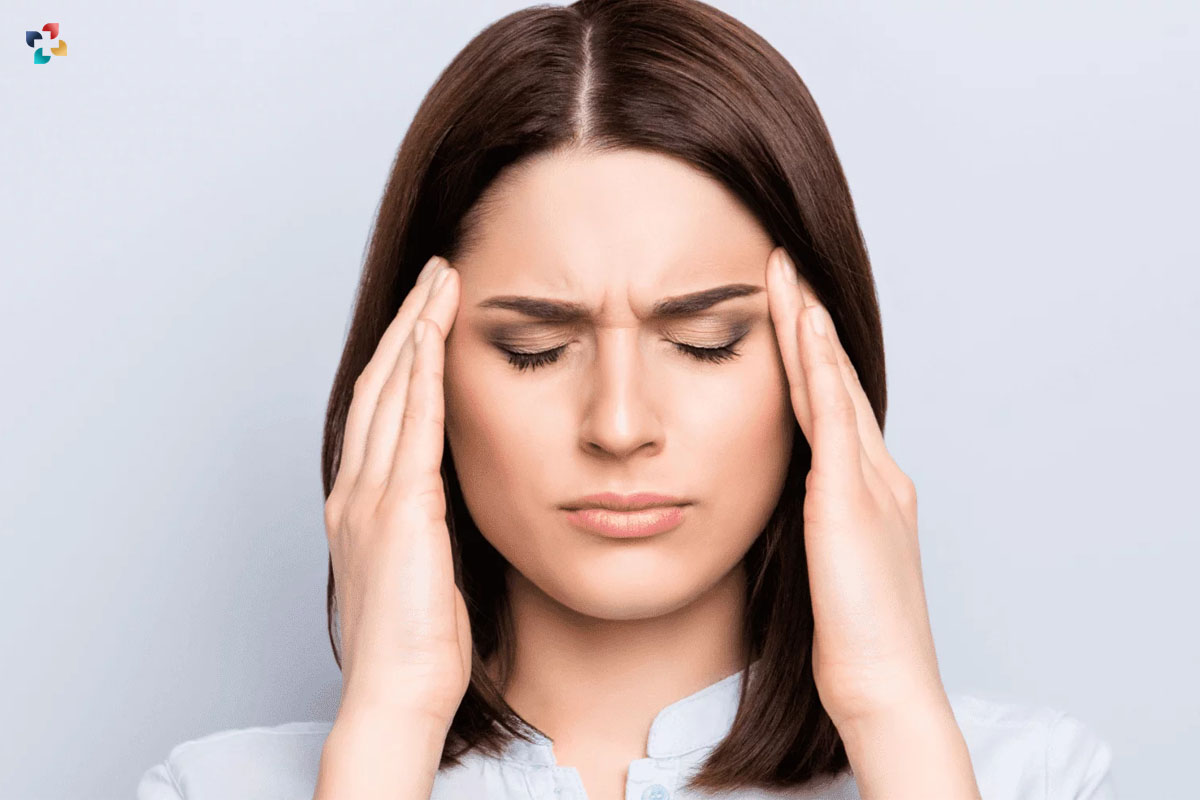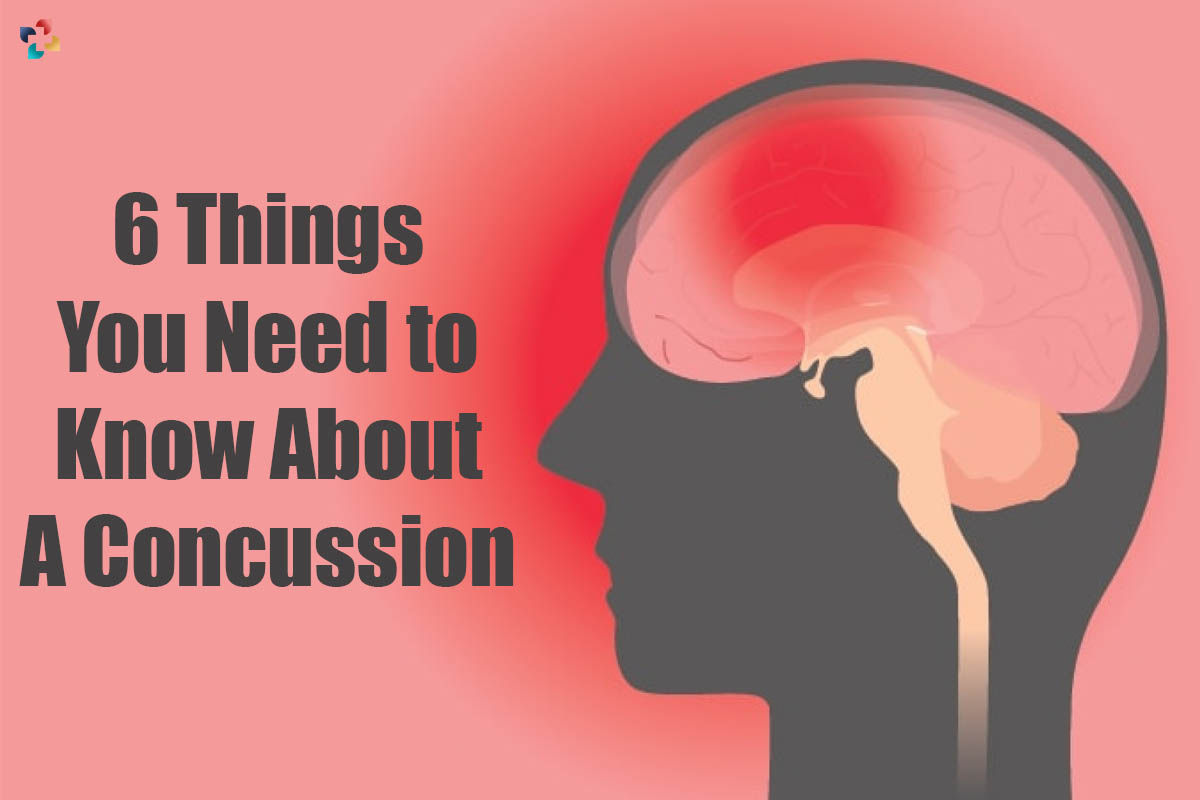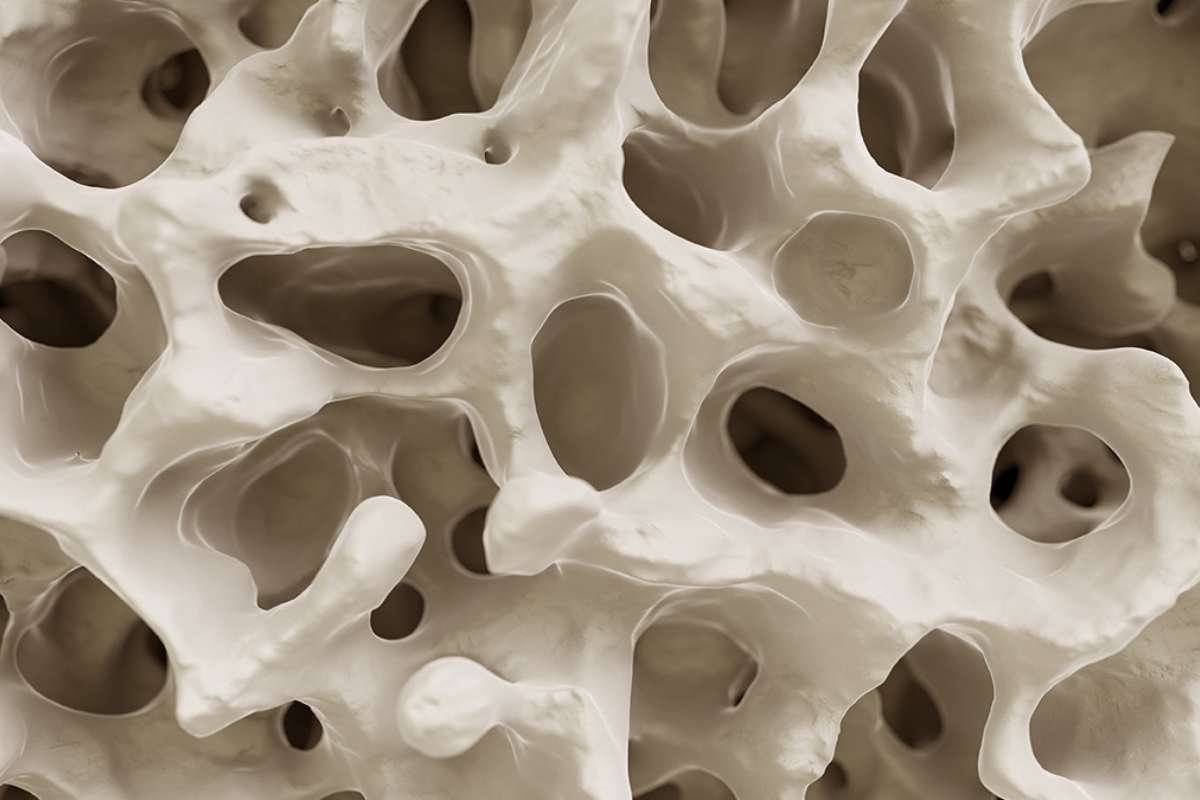Concussion a traumatic brain injury(TBI) that occurs when the head is subjected to sudden and forceful movement. Concussions can happen in a variety of ways, from sports-related injury to a fall or car accident. The symptoms of a concussion can vary from mild to severe, and can last for days, weeks, or even months. Here are six things you need to know about a concussion.
Here are 6 Things You Need to Know About a Concussion;
1. Causes of a Concussion
Concussions can be caused by a variety of different events. They are commonly seen in sports, particularly contact sports like football, soccer, hockey, and basketball. They can also be caused by falls, car accidents, and other types of trauma to the head causes concussion a traumatic brain injury. In some cases, concussions can even be caused by non-impact events, such as a sudden jolt or shaking of the head.
2. Symptoms of a Concussion
The symptoms of a concussion can vary depending on the severity of the injury. Mild concussions may cause symptoms such as headache, nausea, dizziness, and fatigue. More severe concussions can cause symptoms such as confusion, memory loss, difficulty concentrating, and even loss of consciousness, and can be a serious concussion a traumatic brain injury.

It’s important to note that not all symptoms of a concussion will be immediately apparent. Some symptoms may not show up until several days or even weeks after the injury. If you suspect that you or someone you know has a concussion, it’s important to seek medical attention right away.
3.Diagnosis of a Concussion
The diagnosis of a concussion a traumatic brain injury is typically made by a healthcare professional, such as a doctor or nurse. The healthcare professional will ask questions about the injury and any symptoms that the person is experiencing. They may also perform a physical exam to assess things like balance, coordination, and reflexes.
In some cases, imaging tests like a CT scan or MRI may be used to help diagnose a concussion. However, these tests are not always necessary and are typically only used in more severe cases.
4. Treatment of a concussion a traumatic brain injury
The treatment of a concussion will depend on the severity of the injury. In most cases, the best course of action is rest and relaxation. This means avoiding physical activity and limiting mental stimulation, such as reading or using electronic devices.

Over-the-counter pain relievers like acetaminophen or ibuprofen can be used to help alleviate headaches and other symptoms. It’s important to avoid aspirin, as it can increase the risk of bleeding.
In some cases, a healthcare professional may recommend physical or cognitive therapy for a concussion a traumatic brain injury to help with recovery. This may involve exercises to improve balance and coordination and activities to help with memory and concentration.
5. Recovery from a Concussion
The recovery time for a concussion can vary depending on the severity of the injury. Mild concussions may only take a few days to a week to recover from, while more severe concussions may take several weeks or even months.
It’s important to rest and limit physical and mental activity during the recovery period. This means avoiding activities like sports, exercise, and heavy lifting. It’s also important to get plenty of sleep and to eat a healthy diet.
In some cases, a healthcare professional may recommend follow-up appointments to monitor the recovery process. This may involve cognitive testing to assess memory and concentration, as well as physical exams to assess balance and coordination.
6. Prevention of a concussion a traumatic brain injury
The best way to prevent a concussion is to avoid activities that increase the risk of concussion a traumatic brain injury. This includes wearing appropriate safety gear when participating in sports, such as helmets and mouthguards.
It’s also important to take steps to prevent falls, such as keeping floors and walkways clear of clutter and using handrails on stairs. Additionally, it’s important to practice safe driving habits, such as wearing a seatbelt and avoiding distractions like texting or talking on the phone while driving.

If you do participate in activities that increase the risk of head injury, such as contact sports, it’s important to follow proper safety protocols. This may include learning proper techniques for tackling or heading a ball, and following rules and regulations regarding equipment and gameplay.
It’s also important to pay attention to your body and to seek medical attention if you suspect that you may have a concussion. Ignoring symptoms and continuing to participate in physical activity can increase the risk of further injury and delay the recovery process.
BOTTOM LINE
Concussion a traumatic brain injury that can have a wide range of symptoms and recovery times. While they are often associated with sports, concussions can also be caused by falls, car accidents, and other types of trauma to the head. It’s important to seek medical attention if you suspect that you or someone you know has a concussion and to take steps to prevent head injuries in the future. With proper care and rest, most people can recover fully from a concussion.







